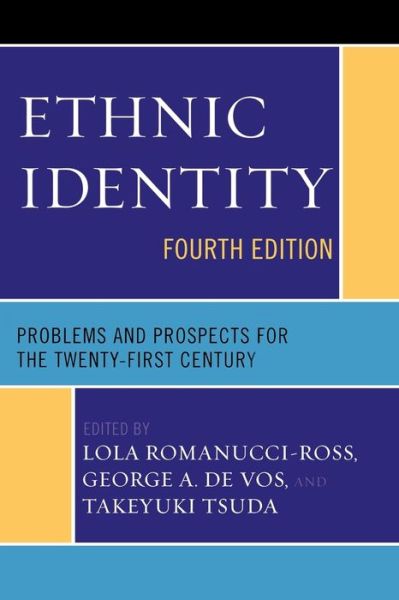Raceless Like Me: Students at Harvard Navigate their Way Beyond the Boundaries of Race
The Harvard Crimson
Harvard University
2011-10-13
Zoe A. Y. Weinberg, Crimson Staff Writer
One day last fall, Paula M. Maouyo ’14 sat in front of her laptop in Matthews trying to think of a topic for her Expos paper about racial identity.
When Maouyo was a child, she identified as biracial. Her father is black, originally from Chad and her mother is white and American. But by the time she was nine, she began to move away from a biracial identity.
“For a long time I just didn’t identify,” Maouyo said, though she acknowledges that when most people look at her, they immediately categorize her as black.
She had never articulated her non-identification in concrete terms. That is, until she began brainstorming for her Expos paper.
After floating around ideas and fiddling with labels and words, Maouyo suddenly conceived of a term she felt most accurately captured her own identity: araciality.
“People use apolitical and asexual,” Maouyo observed. “Why not aracial?”…
…THE RACIAL SKEPTIC
“Transcendent identity” was first described by Dr. Kerry Ann Rockquemore, a former sociology professor and author of Beyond Black: Biracial Identity in America. The current working definition of racial transcendence that she offers—and the one that will be used in this article—is the conscious rejection of racial identity altogether. Not “black,” “white,” or “both” —but rather, “none.”
“My journey has taken me past constructions of race, past constructions of mixed race, and into an understanding of human difference that does not include race as a meaningful category,” wrote Rainier Spencer, the founder and director of Afro-American Studies at the University of Nevada, who identifies as racially transcendent.
Spencer grew up in a black neighborhood in Queens in the 60s with a white mother and black father. Over the years, Spencer has identified as everything from Afro-German to New Yorker to academic to baby boomer. It was not until his thirties, when he was a philosophy teacher at a northeastern college, that he began to question racial identity itself.
During the 1990s, debates about the politics of multiracial identity began to emerge in academic circles. According to Spencer, most of the discussion at the time revolved around the relative importance of multiracial versus monoracial identity.
Spencer entered the debate as a racial skeptic. “A lot of the black scholars who are against multiracial identity are very invested in black identity,” Spencer said. “I think all racial identity is bogus, and that makes me kind of unique.”
Race transcendence should not be confused with color-blindness, which advocates ignoring race without confronting the inequality and discrimination it breeds. Color-blindness implies that racism can be solved passively. Racelessness is far more complex, because people who transcend race “are actually aware of how race negatively affects the daily existence of people of color. They have very likely experienced discrimination, yet they respond by understanding those situations as part of a broad societal problem; one in which they are deeply embedded, but not one that leads to their subscription to racial identity,” according to Rockquemore as cited on a website for race transcenders…
…WHO GETS TO BE RACELESS?
A lot of people might claim not to have a race for one reason or another. According to professor Jennifer Hochschild, who teaches “Transformation of the American Racial Order?”, there are three groups of people that might refuse to identify by race: 1) disaffected (probably white) people who believe the world is post-racial and that we should all be color-blind; 2) recent immigrants for whom American racial categories simply do not resonate nor make any sense; and 3) bi-racial or multiracial people who do not identify with any particular racial category…
…White students might also check “none” for other reasons. Sometimes white students will check the “other” box is if they are uncomfortable with the social meaning of whiteness, said Natasha K. Warikoo, an associate professor at the Graduate School of Education who studies race, immigration, and inequality in educational contexts. “It signifies privilege and racial exploitation, a history that some white people are uncomfortable with,” she said. In the blank line, these students might write “Italian-American,” or “Jewish-American,” Warikoo said.
To solve this problem, Harvard could have two sections—one in which you identify for the purpose of statistics and civil rights compliance, and one in which you identify in the way that reflects your personal life. This would allow raceless students (and the perplexed white students) to identify by race, and by whatever else they like…
Read the entire article here.


